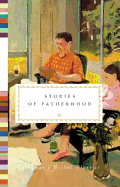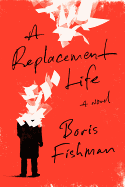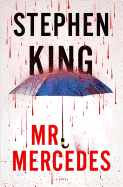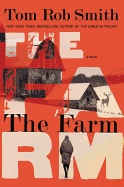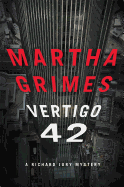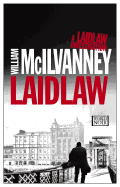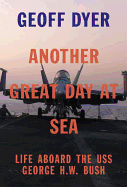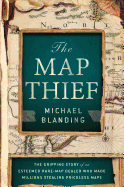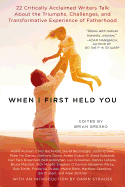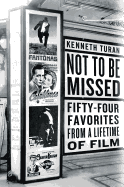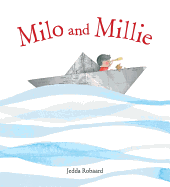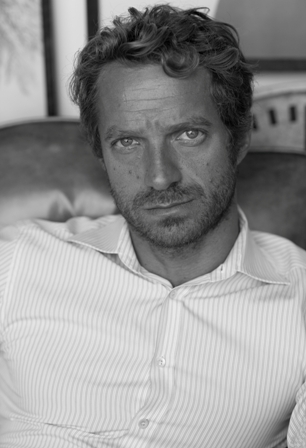 |
| photo: James Hopkirk |
Tom Rob Smith is the son of a Swedish mother and an English father. His play Losing Voices was produced by the Marlowe Society at St John’s College, Cambridge, the first student play it had ever funded. After graduating in 2001, Smith studied creative writing in Italy. Child 44, his first novel, won the Ian Fleming Steel Dagger for best thriller and was longlisted for the Man Booker Prize. His follow-up was The Secret Speech, and Agent 6 was the final novel in the series. The film version of Child 44 will be released later this year, produced by Ridley Scott. Smith lives in London. Our reviewof his latest thriller, The Farm (just published by Grand Central), is below.
You've said that the idea for The Farmis drawn from personal experience. Did your parents suffer something similar to that experienced by Daniel's parents?
In 2010, I received a call from my father in Sweden, telling me that my mum had been institutionalized because she was paranoid and delusional. My parents had retired to a small farm in the middle of the countryside and as far as I was aware they were happy, so the news was incredibly shocking. I set about making preparations to travel to Sweden but before I could catch my flight my mum somehow discharged herself from the hospital. She phoned me from a stranger's cell phone, claiming that everything my father had told me was a lie, she wasn't mad, he was involved in a criminal conspiracy and using the allegation of insanity to conceal his criminality. She intended to fly to England and tell me everything. I ripped up my ticket to Sweden and met her at the airport. She seemed lucid, articulate, agitated but otherwise normal. We went back to my apartment and she told me what she believed had happened in Sweden. That night I was forced to decide if she was ill or if my father had really done something terrible.
The Farm takes that premise and creates a fiction out of it; all the characters are made up, all the events in Sweden are made up, but the reader is faced with the same dilemma as the one I was faced with--who to believe, the mother or the father.
After this episode was over, did you sense that this was a good topic for your next novel? At the time, did it seem too personal, too difficult to turn into fiction?
The process was unusual in the sense that I never imagined an event from my own life would form the basis for a thriller. But all fiction is personal and impersonal at the same time. You have to pour your emotions into the story at the same time as trying to be objective.
I can't really discuss this question further without giving away the story since it was only after my mum recovered that I began to consider whether or not this could work as a novel.
The novel goes into territory far from your family's personal troubles. Where did the idea come from to take that personal event into a deeper, potentially darker place?
As I've already said, the novel is a work of fiction, the mum in The Farm is nothing like my mum, and none of the events described actually took place. So the challenge was creating a story that embodied the central dilemma of uncertainty. I also remember feeling very scared when listening to my mum talk to me that night, so the narrative was always going to be a dark and disturbing one.
.jpg) Especially at the beginning, the novel seems very much like a play, with lots of dialogue, less action. How did you determine the novel's organization, how its story would be told?
Especially at the beginning, the novel seems very much like a play, with lots of dialogue, less action. How did you determine the novel's organization, how its story would be told?
It's a novel about storytelling--the mum is telling her son a story about the terrible things that took place in Sweden, and the son is telling us the story of listening to her, what he believes and what he doesn't believe. For me, as an author, it was a completely new form of narrative structure. There was a great deal of experimenting, the drafts of the novel changed quite radically as I tried to balance the two voices.
The play you wrote in college, Losing Voices, seems to suggest (at least by title) something you carried through in this novel. How did you deal with the individual "voices" of your characters?
It's strange, I wrote only plays at university, I didn't write any prose, except for a few short stories; it was only after university that I set about working on my first novel. I've always loved the theatre and Losing Voices was a curious play, a muddle, but an ambitious one. I guess there are connections. The voice of the mother in The Farm was always going to be a challenge, her voice was never going to be naturalistic because she's in such an extraordinary situation. She's speaking in monologue for much of the novel. Daniel, the son, on the other hand, is a listener, and spends a great deal of the narrative trying to piece together the truth. His first-person narrative is more traditional. The mother's narrative is, in effect, raw dialogue transcribed.
The novel addresses issues of trust, believability and doubt, much like John Patrick Shanley's play Doubt, where we're forced to question the veracity of the main characters. Did you consider making your narrator, Daniel, suspect, too?
Yes, Doubt is a fantastic play, and reliability is at the heart of this novel--who to trust, who to believe, how people say one thing but mean something else, how people appear to be your friend but are plotting behind your back. We should question the appearance of everything and everyone in The Farm--nothing is what it seems.
With regards to Daniel, he's never set up as a suspect, partly because I can't imagine how the logistics of it would work--he was in London when the alleged crimes were taking place in Sweden. That said, we should very much question everything Daniel says; his interpretation of his parents' action is suspect, because of his limitations in assessing them. We can see that Daniel is making mistakes and missing vital clues as to what really happened. --Tom Lavoie, former publisher
Watch the trailer for The Farm here.
Tom Rob Smith: Who to Trust?
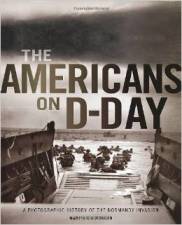 Because books are so integral to our process of remembering, here are just a few recently published 70th-anniversary titles worth considering: D-Day: The Invasion of Normandy, 1944 by Rick Atkinson; The Dead and Those About to Die: D-Day: The Big Red One at Omaha Beach by John C. McManus (who recently shared his favorite books on the Normandy invasion with the Wall Street Journal); D-Day: Minute by Minute by Jonathan Mayo; The Americans on D-Day: A Photographic History of the Normandy Invasion by Martin K.A. Morgan; D-Day Through French Eyes: Normandy 1944 by Mary Louise Roberts; and Neptune: The Allied Invasion of Europe and the D-Day Landings by Craig L. Symonds.
Because books are so integral to our process of remembering, here are just a few recently published 70th-anniversary titles worth considering: D-Day: The Invasion of Normandy, 1944 by Rick Atkinson; The Dead and Those About to Die: D-Day: The Big Red One at Omaha Beach by John C. McManus (who recently shared his favorite books on the Normandy invasion with the Wall Street Journal); D-Day: Minute by Minute by Jonathan Mayo; The Americans on D-Day: A Photographic History of the Normandy Invasion by Martin K.A. Morgan; D-Day Through French Eyes: Normandy 1944 by Mary Louise Roberts; and Neptune: The Allied Invasion of Europe and the D-Day Landings by Craig L. Symonds. 



.jpg) Especially at the beginning, the novel seems very much like a play, with lots of dialogue, less action. How did you determine the novel's organization, how its story would be told?
Especially at the beginning, the novel seems very much like a play, with lots of dialogue, less action. How did you determine the novel's organization, how its story would be told? 